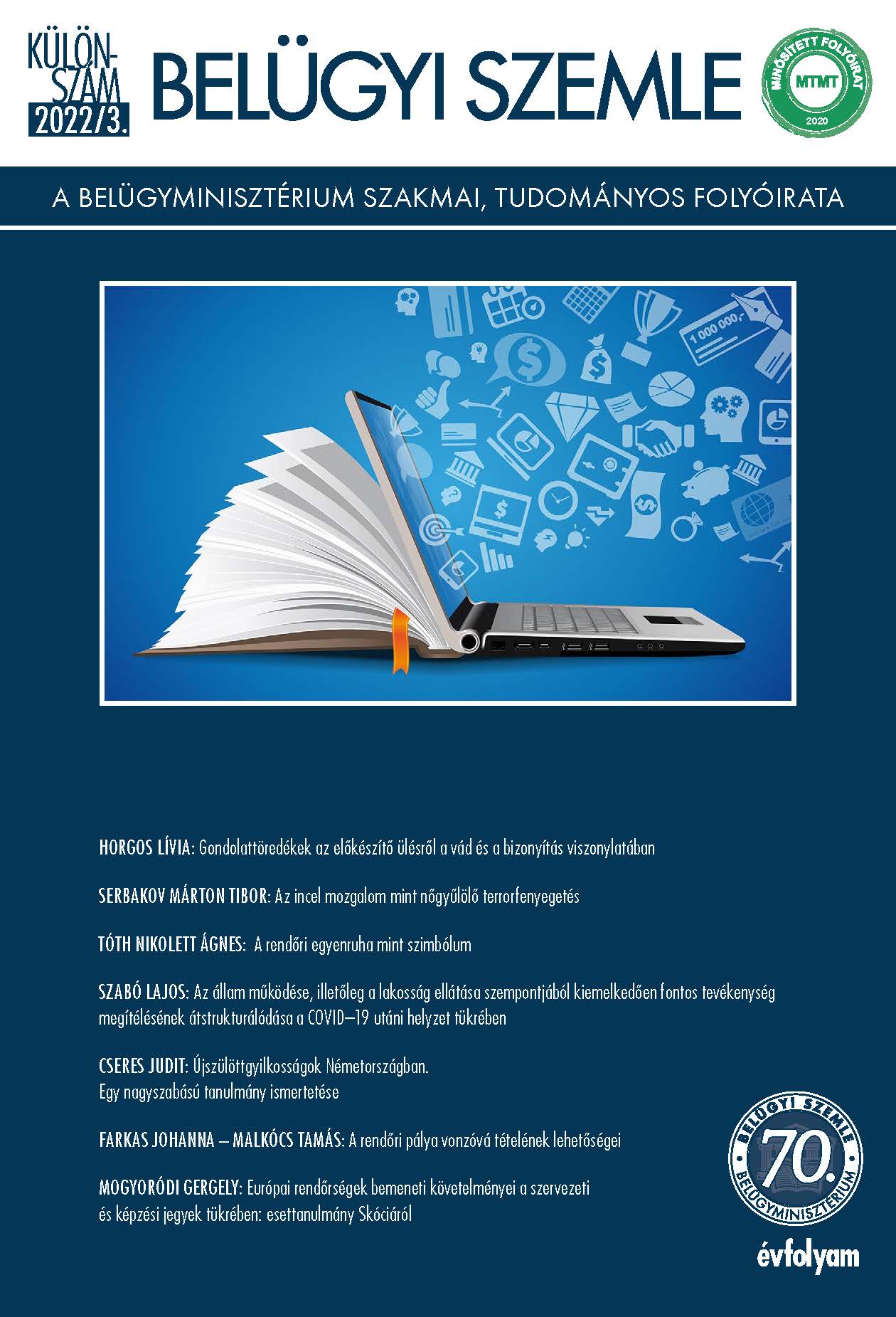Abstract
Aim: I chose a specific criminal procedure as the starting point of my research, the present study focuses on preliminary session, which was altered in its function by the resolutions of the new Law of Criminal Procedure (entering into force in 2018), that is Act XC of 2017 (henceforth LCP) with special regard to the relationship between accusation and evidentiary procedure with the help of a case.
Methodology: The study examines whether preliminary session regulated by LCP meets the requirements and checks indictment eliminating unsubstantiated procedures. In case it fails to do so, what further regulations are needed to be added to present ones in order to meet requirements with special regard to codification policy embodied in criminal judicature, especially effectiveness,
promptness, simplicity and coherence.
Findings: I examine in details the possibility whether it could be the right and obligation of the court to examine not only the means of evidence deriving from legal elements and other informative elements contained in the presented indictment but also the legality of preliminary sessions and investigation procedures as a legal condition of initiating a court procedure. The study describes the regulation of LCP concerning evidentiary procedures in the preliminary session emphasizing the modifications by Act XLIII of 2020 concerning the interrogation of the accused. I examine its significance and point out whether anomaly in connection with the limits of evidentiary procedure are successfully eliminated in judicature.
Value: No preparatory session meets the requirements of a constitutional state, which allows court hearings in case of inadequate accusation. It seems to be necessary to broaden the rulings of Be. in a way that the accused party and the defense may propose objection besides presenting their viewpoints concerning inadequate accusation. The legislator did not elaborate completely the rules of the breach of the ban of evidentiary procedure concerning the accused party at the preparatory session. I believe that anomalies concerning the limits of evidentiary procedure should
not be resolved by judicial practice at the institute of preparatory session, but it should be codified.

